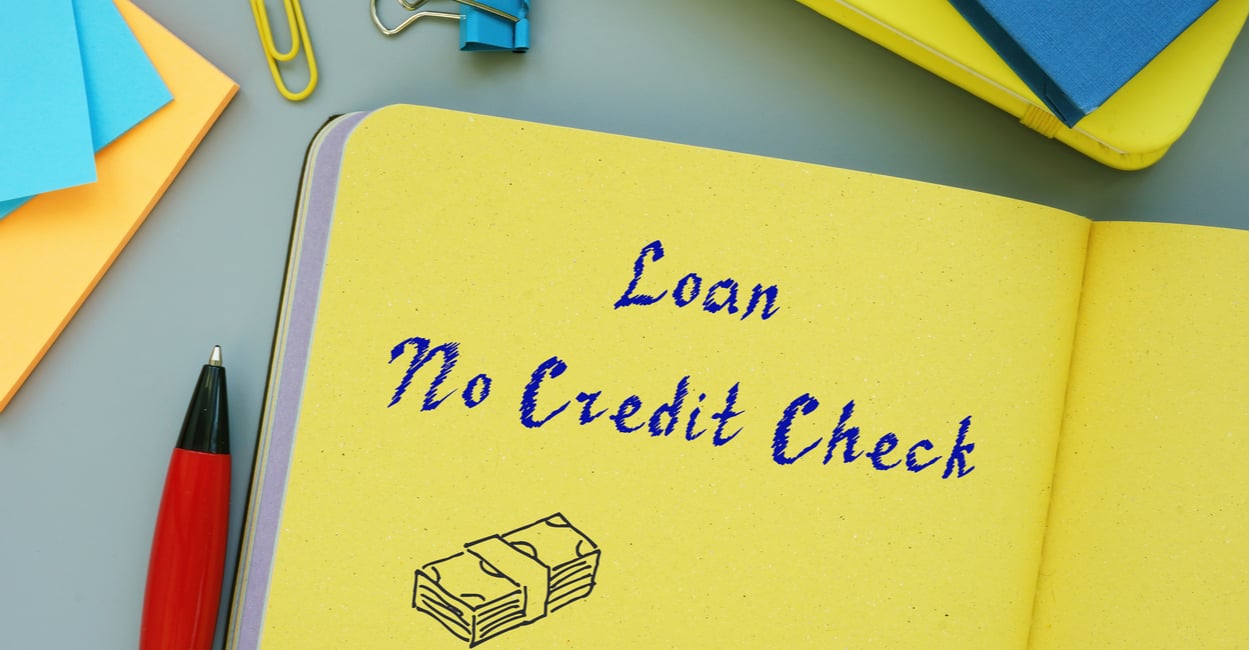Hard Money Loans No Credit Check

Imagine a seasoned entrepreneur, Sarah, eyes gleaming with ambition, standing before a dilapidated Victorian house. Sun-faded paint peeled from the intricate woodwork, and a for-sale sign leaned precariously in the overgrown yard. Sarah envisions a charming bed and breakfast, a haven for weary travelers, breathing new life into the forgotten gem. But traditional lenders, shackled by stringent credit requirements, turned her down. Undeterred, Sarah discovered a different path, a financial avenue often whispered about but rarely understood: hard money loans, offering a lifeline even without pristine credit.
At its core, hard money lending, particularly in scenarios sidestepping rigorous credit checks, presents a unique but potentially risky financial instrument. This article delves into the world of hard money loans, focusing on their accessibility without the usual credit scrutiny, examining their mechanics, benefits, and the vital precautions borrowers must consider.
Understanding Hard Money Loans
Hard money loans are short-term loans secured by real estate. Unlike traditional mortgages that rely heavily on a borrower's credit history and income, hard money lenders prioritize the asset's value. This emphasis on collateral makes them a viable option for individuals who might not qualify for conventional financing.
Because of the shorter repayment terms and greater risk involved for the lender, hard money loans typically come with significantly higher interest rates and fees than traditional mortgages. This is a crucial factor for potential borrowers to understand and factor into their investment strategy.
Why No Credit Check Matters
The "no credit check" aspect, while appealing, shouldn't be misinterpreted. Lenders still assess risk, but they do so primarily through the property itself. This is good for people who may have faced financial setbacks or for real estate investors looking to quickly acquire property for renovation.
For borrowers like Sarah, with a solid business plan and a clear vision for the property's potential, the emphasis on the asset's value over credit history can be a game-changer. It opens doors that would otherwise remain firmly closed.
The Mechanics of Hard Money Lending
Hard money loans operate on a different timeline and with different expectations compared to traditional mortgages. The application process is typically faster, often bypassing the lengthy underwriting procedures of banks. This allows for quicker funding, a crucial advantage in competitive real estate markets.
Loan-to-value (LTV) is a key metric. Hard money lenders typically lend a percentage of the property's after-repair value (ARV). This value reflects what the property will be worth *after* renovations are completed.
Interest rates on hard money loans are typically much higher than traditional mortgages, reflecting the increased risk the lender is taking. This increase can be anywhere from 8% to 15% or even higher, along with origination fees that can range from 1% to 5% of the loan amount.
The Borrower's Perspective
For borrowers, the primary advantage is speed and accessibility. Quick funding can be essential for seizing time-sensitive opportunities, such as foreclosures or auctions. The ability to secure financing without a pristine credit score can be a lifeline for those with past financial challenges.
However, the high costs and short repayment terms demand careful planning and financial discipline. A well-defined exit strategy is paramount. Borrowers need to be certain that they can repay the loan within the agreed-upon timeframe, either through a sale, refinancing, or other means.
The Lender's Perspective
Hard money lenders fill a critical gap in the real estate financing market. They provide capital to borrowers who are underserved by traditional institutions. They are willing to take on more risk, they also require a high return on their investment.
Risk mitigation is crucial for lenders. Thorough due diligence on the property, the borrower's experience, and the viability of the project are paramount. A clear understanding of the local market and the potential resale value of the property is essential.
Lenders also rely on the borrower's equity in the deal. A significant down payment demonstrates the borrower's commitment and reduces the lender's exposure.
Navigating the Risks
Both borrowers and lenders face inherent risks in hard money lending. For borrowers, the high interest rates and short repayment terms can create significant financial pressure. Failure to repay the loan can lead to foreclosure and the loss of the property.
For lenders, the primary risk is default. While the property serves as collateral, market fluctuations and unforeseen circumstances can reduce its value, potentially leading to losses. Thorough due diligence and careful risk management are essential.
Due Diligence is Key
Whether you're a borrower or a lender, due diligence is non-negotiable. Borrowers should thoroughly research the lender, compare terms from multiple sources, and carefully review the loan agreement before signing. Lenders should meticulously assess the property's value, the borrower's experience, and the potential risks involved.
Legal counsel is highly recommended. An attorney can review the loan agreement, explain the terms and conditions, and protect your interests.
Ethical Considerations
The world of hard money lending is not without its ethical considerations. Predatory lending practices, characterized by excessive fees, hidden terms, and unfair lending practices, can exploit vulnerable borrowers. Responsible lenders prioritize transparency, fair terms, and ethical business practices.
Borrowers should be wary of lenders who pressure them into taking out loans they cannot afford or who fail to disclose all the terms and conditions upfront. A reputable lender will be transparent, responsive, and committed to helping borrowers succeed.
The Future of Hard Money Lending
As the real estate market evolves, hard money lending is likely to continue playing a significant role. The demand for quick, flexible financing is growing, and hard money lenders are well-positioned to meet that need.
Technology is also transforming the industry. Online platforms are making it easier for borrowers to find lenders, compare terms, and access funding. These platforms are also streamlining the underwriting process and improving efficiency.
Increased regulation and greater transparency are likely to shape the future of hard money lending. As the industry matures, borrowers and lenders will benefit from clearer guidelines and greater consumer protection.
Conclusion
Hard money loans, particularly those offering accessibility without strict credit checks, can be a powerful tool for real estate investors and entrepreneurs. For Sarah, this type of loan may represent a chance to realize her vision of revitalizing a historic property.
However, it's crucial to approach these loans with caution, awareness, and a solid understanding of the risks involved. It's not a magic bullet, but a strategic tool. It requires diligent planning, careful consideration, and a commitment to responsible borrowing.
Ultimately, the success of a hard money loan hinges on thorough preparation, realistic expectations, and a commitment to ethical practices. When used responsibly, it can unlock opportunities and drive economic growth.


















